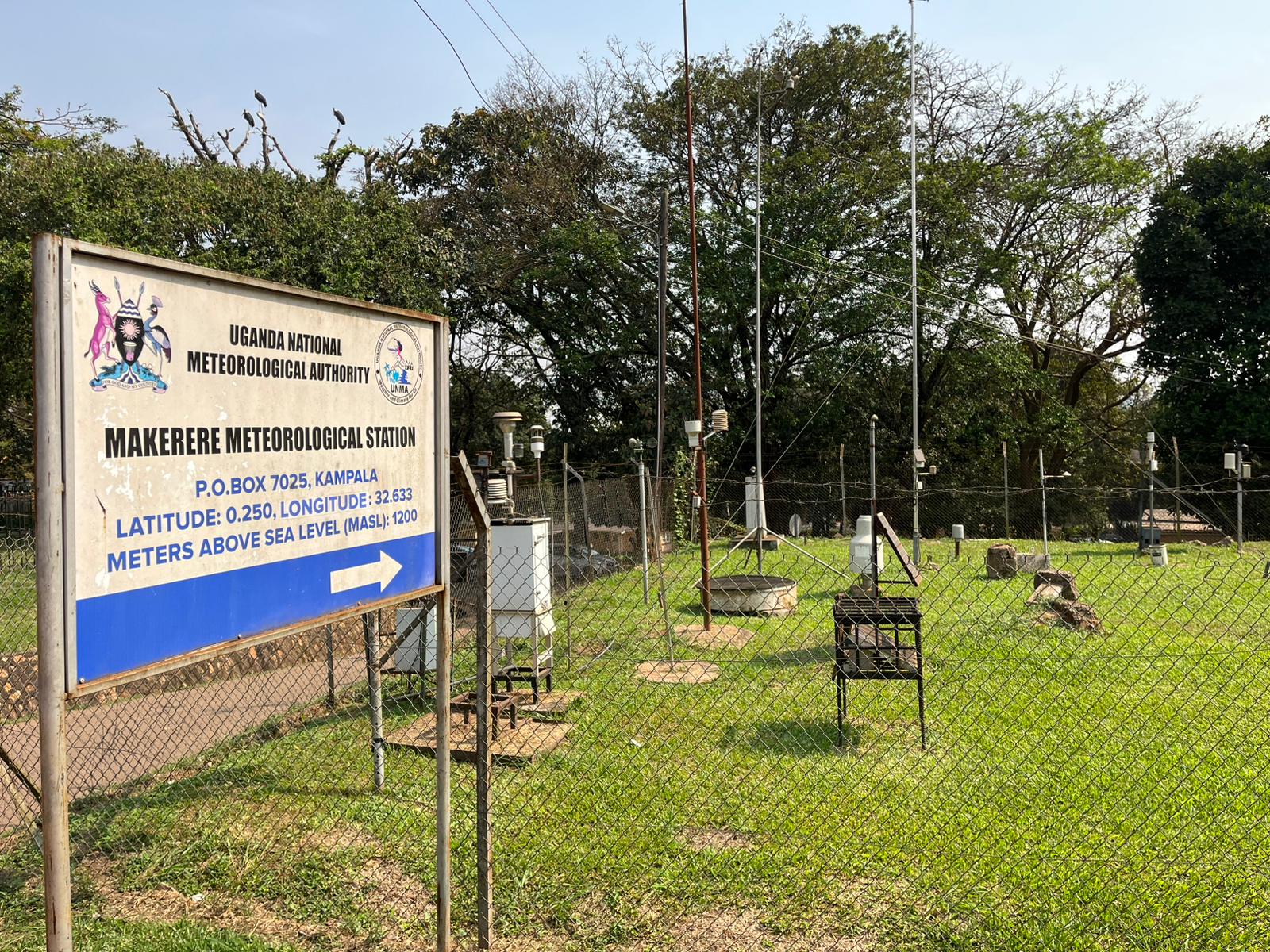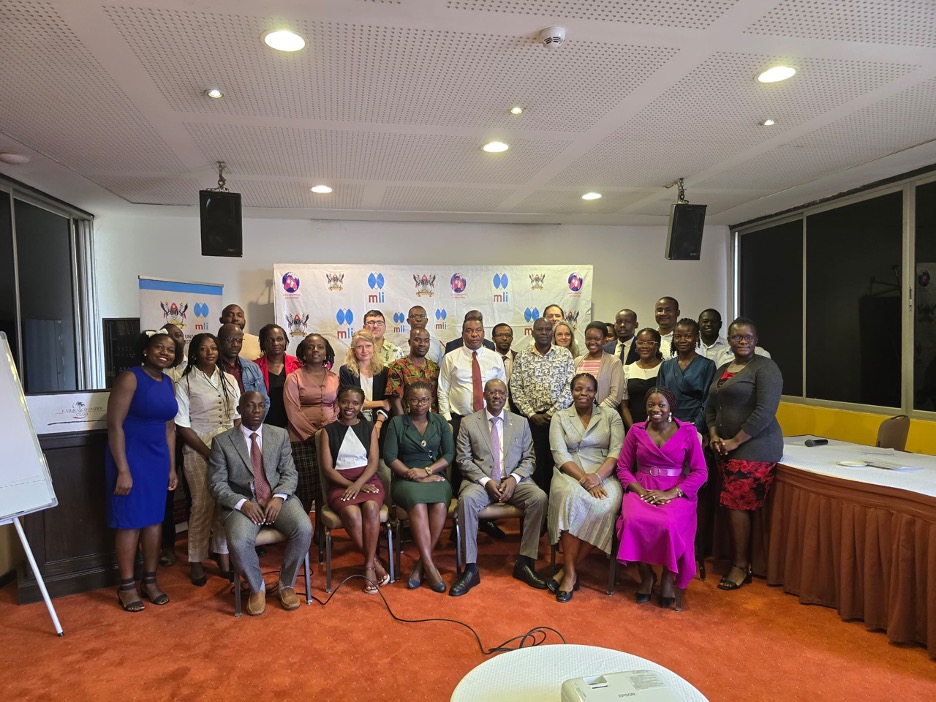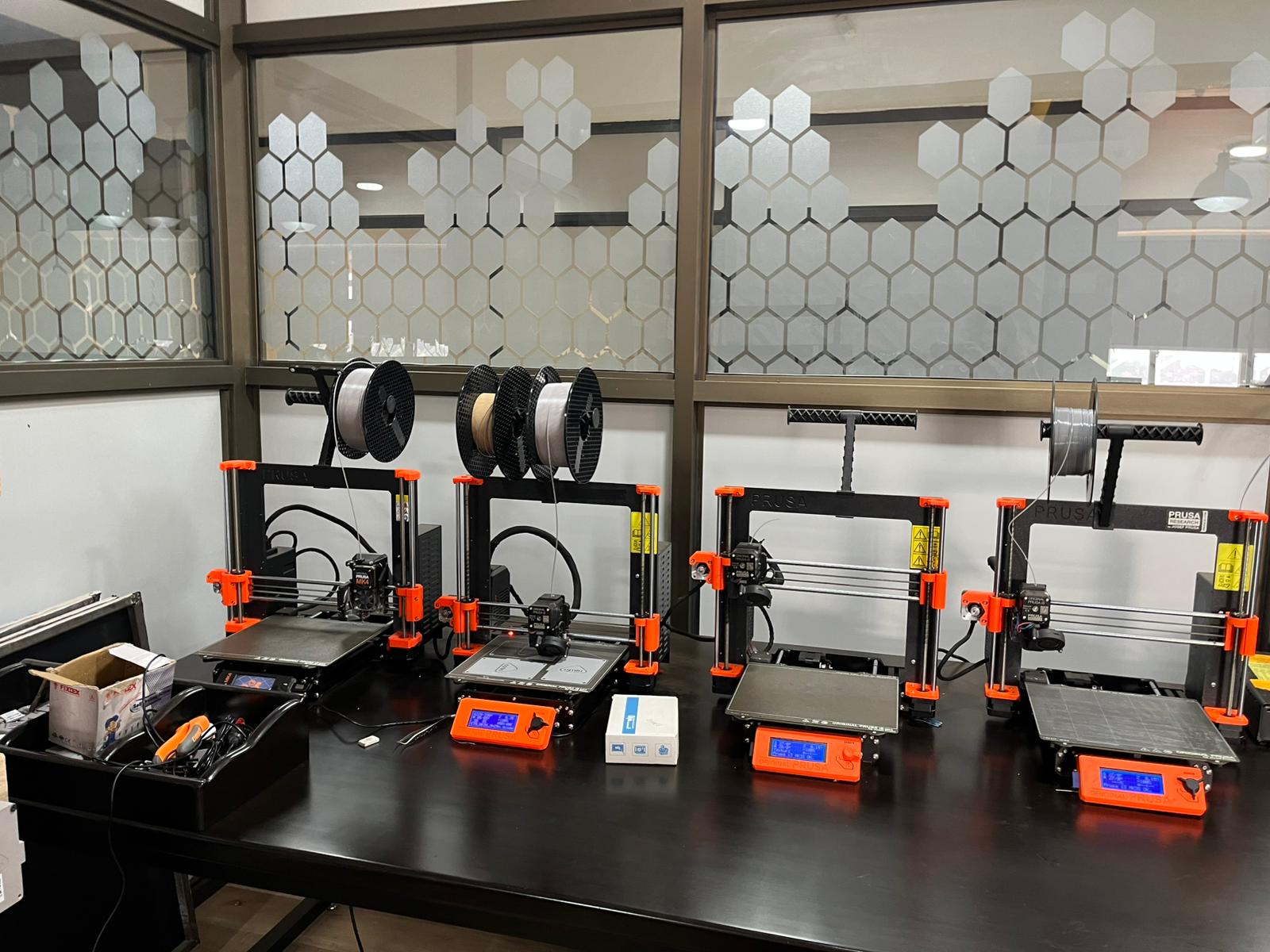UNIL, UofG and Makerere rethink breathing in a changing world with Exp-Air Lab, powered by CIVIS

As an anthropologist of science and technology, Dr Nolwenn Bühler has long been interested in the connections between health, the environment and society. After a thesis on reproductive technologies, followed by a post-doctorate on the links between health and the environment in the context of personalised health, she focused on an area of research that seems as simple as it is essential: breathing.
A project combining research, fieldwork and collaboration

A workshop organised at Makerere University (Kampala), brought together experts from a variety of disciplines - medicine, statistics, social sciences - as well as representatives from the world of politics, associations and the environment. Together, they mapped local initiatives, identified research needs and explored concrete avenues for action.

Following this meeting, field visits were organised. These enabled Nolwenn Bühler and her colleague from Glasgow, Craig Anderson, to talk to engineers developing 3D-printed fine particle sensors, and to discover digital tools for monitoring air quality in real time. But for Nolwenn Bühler, the issue goes beyond technology:
What interests me is what happens to this data. Who produces it, what exactly is being measured, how it circulates and what stories it tells about pollution and health", says Dr Nolwenn Bühler.
A boost at a key career moment
For Dr Bühler, CIVIS's support provided the boost needed to structure an ambitious research project and enhance its relevance. The researcher also highlights the truly human aspect of this adventure:
I was impressed by the organisation of the team there, the richness of the exchanges and the openness. That's what CIVIS is all about: an alliance that supports researchers at every stage of their journey. This type of funding increases the credibility of a project. It shows that you've already established contacts, that you're rooted in the field. And personally, it gave me the confidence and motivation I needed at a time when I was sometimes discouraged", emphasised Bühler.
The Seed Funding for research Call is open until 31 May 2025.
Latest Highlights:
The saltwater tolerance is what kept the dinosaur-eating giant crocodile alive, UT-led study reveals
aMU delves into the colonial history of Marseille aboard the Mars Imperium portal
Why do Spaniards feel lonely? A UAM-led study tells us
University of Salzburg celebrates cultural monument conservation success
